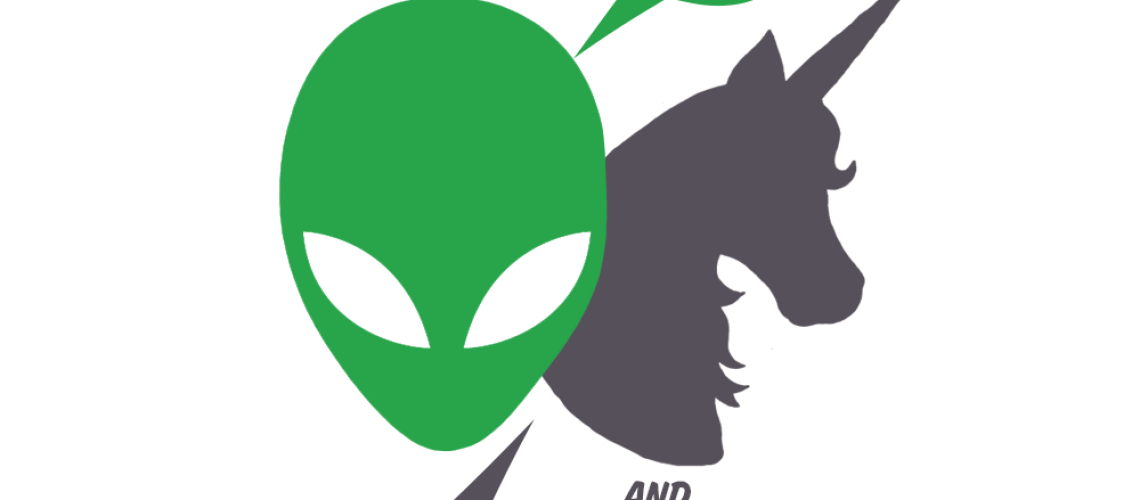
“Cat, this is Finn. He’s going to be your tutor.”
He looks and acts human, though he has no desire to be. He was programmed to assist his owners, and performs his duties to perfection. A billion-dollar construct, his primary task now is to tutor Cat. As she grows into a beautiful young woman, Finn is her guardian, her constant companion… and more.
But when the government grants rights to the ever-increasing robot population, however, Finn struggles to find his place in the world.
Following her acclaimed Young Adult debut for our sister imprint Strange Chemistry, The Assassin’s Curse, the very talented Cassandra Rose Clarke moves on to more adult themes, in a heartbreaking story of love, loss … and robots.
It isn’t easy to define what makes us human. I’m not convinced that anyone, from Aristotle to Descartes, ever achieved a reasonable answer, nor has modern neuroscience or any other discipline for that matter. We have a long, tense history of fear of the “other,” which consistently leads to a subjective approach to what determines humanity. Those on the autism spectrum can tell you that they are human, though they don’t share a full emotional quotient. Those without higher brain functions, due to genetic mutations, accident, or disease, are likewise conferred human rights just because they share DNA with the rest of us.
There just isn’t a good answer.
But that doesn’t stop Cassandra Clarke from exploring the topic in her achingly beautiful novel, The Mad Scientist’s Daughter, released in January 2013 from Angry Robot Books. Does she answer this age old question? No, but what she does in a graceful, haunting fashion, is to contrast the humanity of an android with that of a woman, while questioning both the cultural need to strip humanity from things we both use and abuse, and the political arguments that often lead to the denial of rights from things (people and otherwise) we determine as other.
Clarke’s prose is practically suffocating and seamlessly matches the plot, the characters, and the setting. She has brilliantly set The Mad Scientist’s Daughterin a near future space, after climate change (presumably) has devastated the United States, leaving swathes of barren dessert and necessitating a rise in robotic workers. Everything is both familiar and just beyond reach: androids live in the same space as rotating table-top fans and clunky desktop computers, for instance; solar and wind farms fill all of Kansas, a wasteland that requires a travel Visa to get into; comm tablets are essentially present day iPads. This future/present synergy creates a fascinating and effortless space that allows the reader to really take ownership over the socio-political and philosophical questions.
But it’s also a love story. A love story that will tear your heart to shreds so many times that by the end of the book you’re desperate for a happy ending. Cat, our protagonist, is just a little girl when the android Finn is brought into her life, and as she ages, she grows ever closer to the man that is not a man. But be warned: Finn’s apparent lack of emotion is not the only thing holding them apart.
And that’s what I truly loved about The Mad Scientist’s Daughter. Just when I thought I had everything figured out, Clarke managed to surprise me… over and over again. And I have, quite honestly, not cried so much over a book in a very long time.








0 Responses